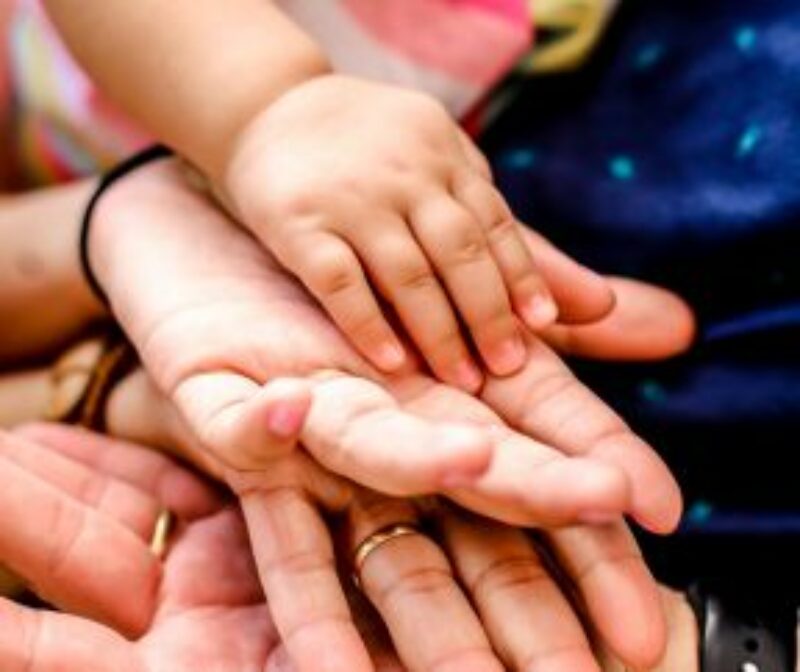Photo by: LinkedIn Sales Solutions on Unsplash
Most youth have a hero or role model they admire or aspire to be. Looking to others for guidance is natural. Love, encouragement, and support serve as motivating factors for the burst of youth mentoring programs and research-based practices throughout the United States. Mentorships are rapidly becoming commonly used interventions within school systems and community organizations. Mentorships appeal to many. They are low-cost interventions that can potentially positively affect multiple dimensions of an adolescent’s life. Mentorships serve as a developmental catalyst in youth thriving.
Quality Relationships
The wave of enthusiasm for youth mentoring programs is increasing. As a result, researchers are now formally evaluating programs based on practitioner questions. For instance:
- What qualities are present in catalytic caring adult relationships?
- Why do some mentoring relationships become transformational, while others fizzle out?
There are many factors to consider when answering these questions. An essential component of an effective mentorship is the quality of the youth-mentor relationship. Certain qualities can build up these relationships, allowing mentors to serve as a launch pad to thriving and emotional support system for youth.
Additionally, mentors who have enduring (or long-lasting) relationships with youth have a stronger impact than those who end mentorships prematurely. Therefore, researchers have turned their attention to the qualities associated with enduring relationships. Findings suggest that parents and non-familial, caring adults are most effective in bolstering vocational, educational, and relational gains in youth when associated with quality relationships.1
The Characteristics
Aiming for quality relationships has led researchers to narrow down the specific characteristics that promote enduring relational bonds within mentorships as:
- Being emotionally supportive;
- Staying consistent and trustworthy;
- Offering beneficial advice;
- Providing youth with opportunities to develop leadership and strengths-based skills; and
- Offering a non-judgmental relational connection.
Youth have used the word quality to describe the relationships where they received social-emotional support, skill-based support, and helpful guidance.2 Researchers have found that mentors who can effectively relate to youth and empower them towards autonomy facilitate the most effective, enduring relationships.3
Factors of Effective Mentorships
Youth benefit from mentorships that provide greater social-emotional development, improve peer interactions, and increase academic and vocational functioning.4 Data indicates that mentoring programs are most effective when they:
- Offer ongoing support;
- Ensure mentor-mentee compatibility; and
- Equip mentors with resources and training that outline clear relational expectations, time commitment guidelines, and active listening skills.
Furthermore, self-efficacy has emerged as an influencing variable in creating transformational relationships. Mentorships are most effective when mentors possess a strong sense of self-efficacy and prior experience working with young people. This equips them with the skills needed to co-create longer and more effective relational bonds with their mentees.
Mentorship Practices
There are also practices mentors can engage in that will support the developmental thriving of youth. Researchers suggest modeling regulatory coping and providing safe, supportive spaces.4 Such practices contribute to an adolescent’s ability to process information and self-regulate.
Researchers also encourage assisting youth in labeling emotions, collaborative problem solving, coping with fears, and social skills development.5 Additionally, studies support the idea of relational modeling. Effective mentorships often shift adolescents’ future orientations by exposing them to new ideas, resources, and achievements.6 This process of co-creating a more positive future orientation shields youth from the physical and emotional costs of environmental risk.7
Remember
In summary, literature warns us that not all mentorships are the same. Research points to specific qualities, characteristics, and activities that enable youth-mentor relationships to become a catalyst for adolescent thriving.
Endnotes
[1] Schwartz, Chan, Rhodes, & Camp; Scales, 2013
[2] Schwart et al., 2013
[3] Raposa, Erickson, Hagler, & Rhodes, 2018
[4] Van Dam et al., 2018
[5] Parra, DuBois, Neville, Pugh‐Lilly, and Povinelli, 2002
[6] Parra et al., 2002
[7] Herrera et al., 2013
Continue Exploring

Youth
Kids and Community (Part 1): How to Find the Right One for Your Kids to Thrive
How do you find a community to support your family? What kinds of support help families grow spiritually healthy and thrive.

Youth
Kids and Community (Part 2): Adolescents and the Value of Loving Relationships that Display a Loving God
Why do kids need a community that models love, and what does emotional safety have to do with it. Part 2 of a 3-part series.

Youth
Kids and Community (Part 3): How Can We Keep Kids in Church?
How do we keep young people engaged in church? This is part 3 of a 3-part series.

